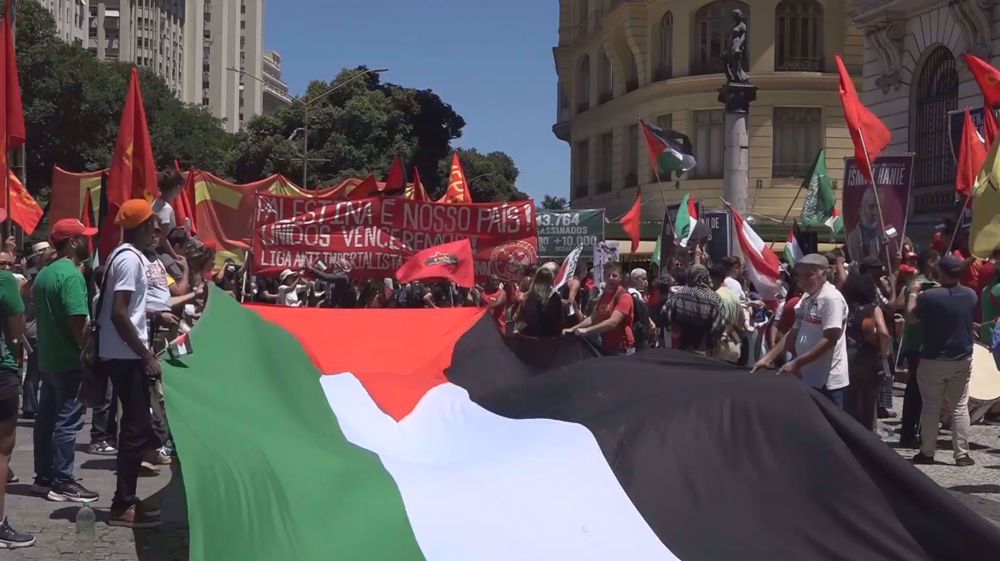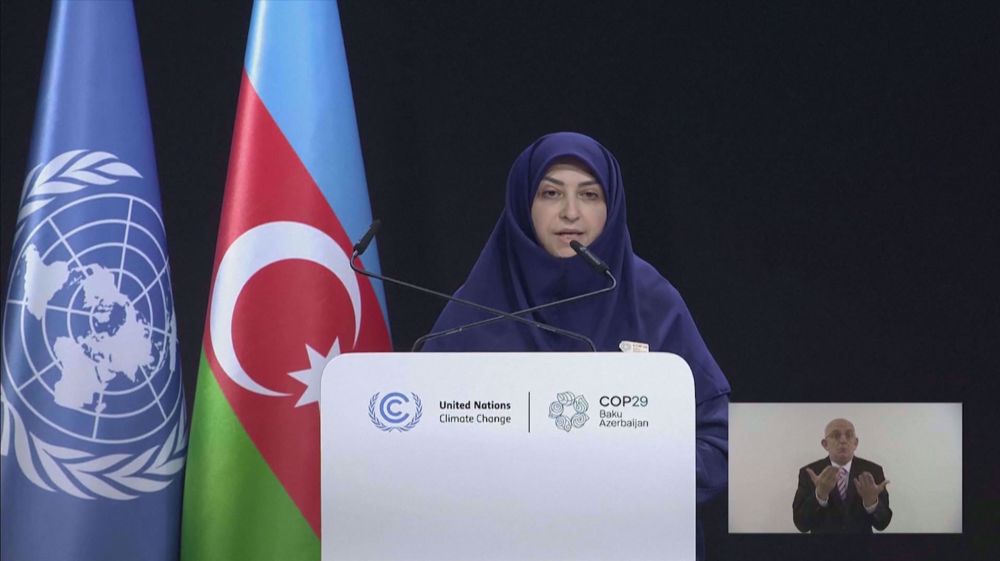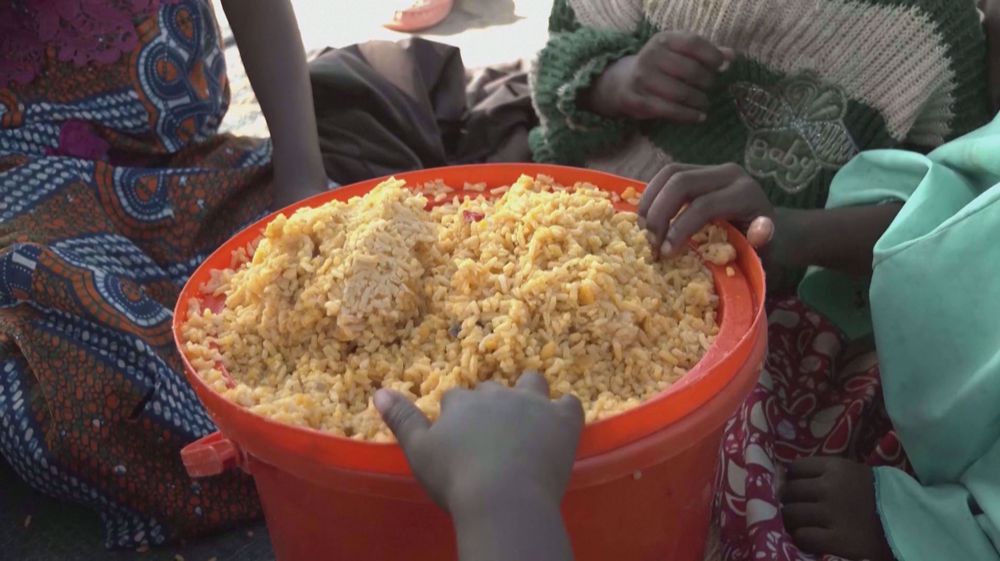Two Palestinians shot dead by Israeli troops
1. Israeli forces have shot to death two Palestinians in the occupied West Bank. They were killed after alleged stabbing attacks against Israeli soldiers. One of them was killed near the settlement of Ariel and the other in the city of al-Khalil also known as Hebron. 134 Palestinians have been killed since October.
2. The Palestinian Ministry of Agriculture says Israeli planes have sprayed poisonous chemicals on farms in the besieged Gaza Strip for the third consecutive day. The ministry says the attack has damaged a large number of crops and caused heavy financial losses.
3. A UN report says some 70 percent of Syrian refugees in Lebanon live below the extreme poverty line. The UN called for better access of refugees to the labor market to ease the crisis. The report added just over half of children between 6 and 14 attended school last year.
4. Syrian Foreign Minister Walid al-Muallem says Damascus is ready to participate in peace talks in Geneva aimed at ending nearly five years of conflict in the country. Muallem added Damascus hopes the negotiations would help the country form a national unity government. The next round of talks will be in January.
5. A fire at a hospital in Saudi Arabia’s south has left at least 31 people dead and over one hundred others injured. The fire started in the intensive care unit and the maternity ward. An investigation is underway to determine the cause of the incident.
6. The UN Security Council has supported a planned unity government in Libya. The UNSC backed the deal which was signed between rival factions last week in Morocco. Libya’s internationally-recognized parliament and members of the rival Tripoli-based General National Congress have endorsed the deal.
7. People in Montenegro’s capital Pod-GritSa have staged an anti-NATO demonstration. The protesters demanded early elections and a referendum on any accession to the Western military alliance. They also slammed the government for letting NATO use the country’s army bases earlier this month.
8. Japan's cabinet approves a record-high military spending plan that includes the purchase of pricey US surveillance aircraft and F-35 fighter jets. The 42-billion-dollar budget proposal is part of the 800-billion-dollar national budget plan for 2016.This is the fourth increase in Japan’s army spending under the government of Prime Minister Shinzo Abe.
VIDEO | 85% of Yemeni displaced people face daily hunger crisis
US House passes bill targeting charities and pro-Palestine groups
VIDEO | Supporting Gaza genocide
Hezbollah attacks Israeli forces after Lebanese homes blown up
World leaders, states hail ICC arrest warrants for Netanyahu, Gallant
MP: US accountable for possible Israeli 'foolishness' to attack Iraq
VIDEO | Israeli policies strangle Palestinian agriculture, economy
Iran's president offers condolences to Pakistan over terrorist attack









 This makes it easy to access the Press TV website
This makes it easy to access the Press TV website